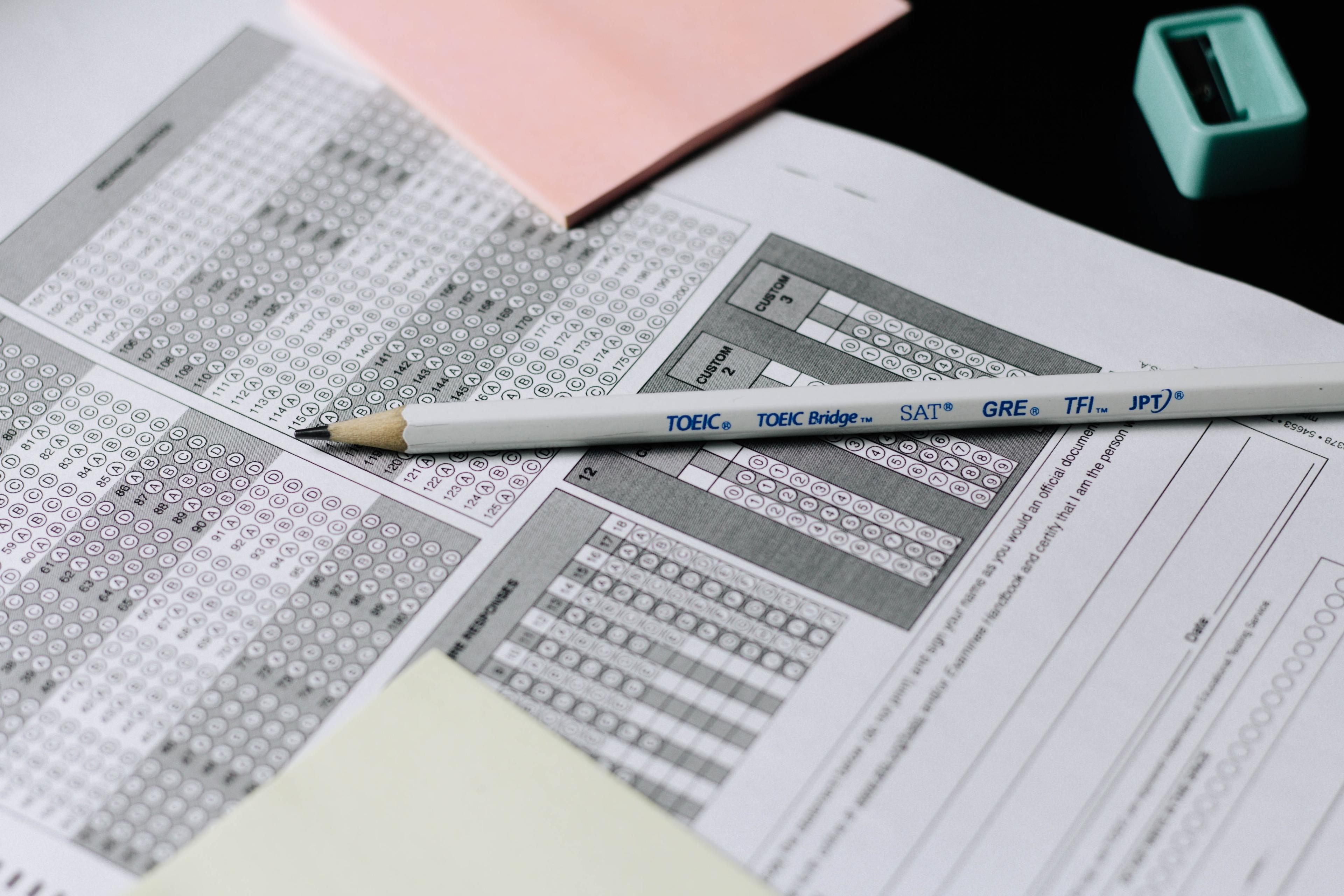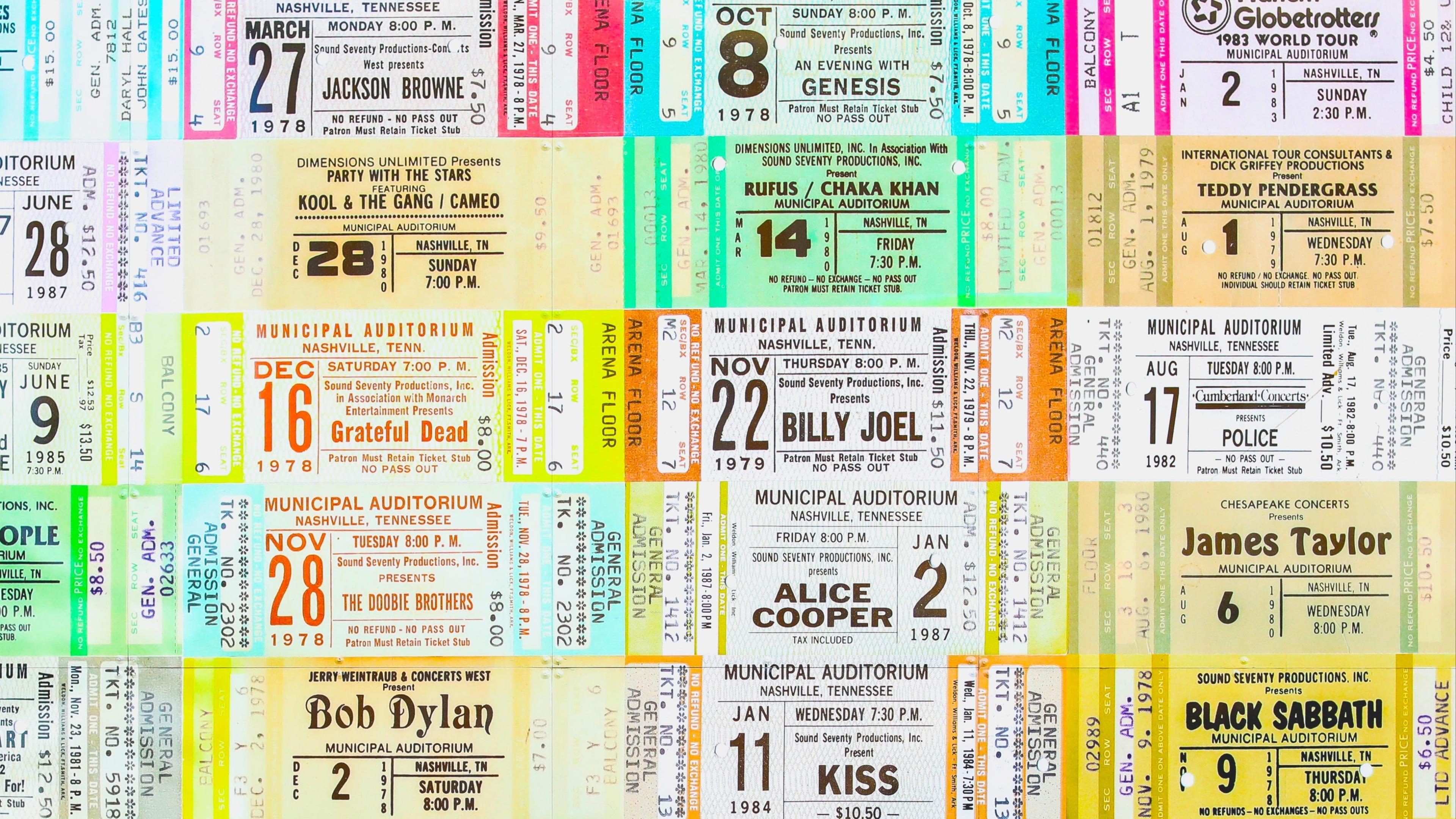Microsoft Exam DP-100: Designing and Implementing a Data Science Solution on Azure

Photo by Nguyen Dang Hoang Nhu on Unsplash
I am pleased to say that I passed the Microsoft DP-100 exam, the first time I tried, a few days ago. I thought I'd put together this post in case you're thinking of doing this (or a similar) exam in the future. A few things I wish I knew before, a few resources and some tips from my experiences.
There are a lot of "guides" to passing the exam online, I found a lot were outdated and recommended tools which were paid for etc. but I didn't really get a feel for what it would be like to take the exam and so I really wasn't sure how to prepare. I would like here to get across my experience of preparing for the exam and sitting it, also sharing some of the resources I used.
My Experience
I completed the Microsoft Ignite Challenge towards the end of 2022, where you Microsoft challenges you to complete certain learning paths in a set period and rewards you with a free exam. And here lies the reason I was taking this exam - I like structured learning and I thought why not? I needed (and still do continuously) to upskill and this would give me more insight into my role and closely related topics. It meant that I was getting through the content quite speedily though and I didn't use these tools day to day.
I'm usually a pretty good studier, I like to be over-prepared for exams and not go in feeling like I need "good" questions to pass. My journey with this content was a rollercoaster, I had feelings on each side of the spectrum: super complacent right across to feeling like I was going to fail the day before the exam. I didn't believe the things I'd read online that this was a tough exam. Different blogs/resources said it was important to know the content well, but I wasn't really sure what that meant - it was a multiple choice exam for practical and coding skills.
TOP TIP: do not underestimate this exam, it's a tough one, designed not to assess your theoretical knowledge but your practical knowledge. Keep this in mind when preparing. Your practical understanding of the topics matter.
I have to hand it to Microsoft, they've done a cracking job at testing whether you actually know what you're doing with the tools rather than just whether you're aware of what they do. Definitely make sure you *know* how to do the things in the exercises, both the code and how to navigate the Azure UI. This is the part I struggled with, because as an ML Engineer I don't tend to use those tools directly - creating and training the models is often down to the Data Scientists and the deployment and operations side is for me. This did help me for the deployment aspects of the exam, so I guess it balances out. But the point is, you really need to know what you're doing, not just be aware of the concepts.
For actually sitting the exam, I chose the option of doing it in a local testing centre rather than an online proctored exam at home. In the end, there is no right or wrong - you've got to do what suits you. For me, I have a rather unpredictable puppy so couldn't guarantee a distraction free environment at home. Mainly though, I didn't want to deal with the faff of having to make my messy study appropriately empty for the exam checks. It felt like it was too much stress on top of the exam. Besides, it's nice to have a trip out when you work from home, even if it is just to an exam! At the centre, you have to go with one form of government ID (double check this on your confirmation email from when you book!) and take off jewellery and empty your pockets. It felt like taking an exam at university and I didn't have to worry about background noises or what else what going on. Then the usual things, aim to get there a bit early (sometimes they let you start early which is great!) and you're all set.
I didn't take the full 1hr 50min (or two hours including reading the pre-amble and set up). I am a perpetual overthinker, so I went in with the plan NOT to check my answers thoroughly, but take the time on each question and trust my instincts and the knowledge I'd gained from working in the field and studying the content. I am definitely one to change an answer because I've doubted myself which often leads to a poorer performance on my part.
TOP TIP: all you can do is your best, this exam is not (for the vast majority of people) life or death as much as it might feel it. Microsoft allows you to retake their exams and every bit of learning and revision will help for the future.
Resources
On the Microsoft exam page, you can see information about the exam and also there are links to resources, both paid and free. I wasn't really keen on paying for resources, I was doing a 2 star exam, so I felt like there should be enough out there for me to learn without needing it. Especially and Microsoft themselves have free resources that *should* get you through each exam.
The Microsoft Learn content is fantastic, you'll find the learning path for the exact modules you need to complete and understand for the exam. You don't have to have a Microsoft account to access it, but I'd recommend it to keep track of your progress. Also, part of the learning paths is running notebooks in Azure and actually using different aspects of it for which you'll need an account. There are also some handy knowledge check quizzes at the end of each module which are nice to give a quick understanding check. I redid these as part of my revision, but they were very much spot checks rather than covering all the content.
Many of the exercises are notebook based, and Microsoft kindly provides these notebooks for us in two GitHub repos, one for the majority of the DP-100 content and then another for the DataBricks parts.
TOP TIP: actually *do* the exercises and go through the repos, no matter how basic they might seem to you. This is particularly if you don't use these tools day to day (like me).
When I started preparing for the exam, a while after I'd done the learning content on Microsoft, I found a short overview of DP-100 on LinkedIn Learning This wasn't so great for in depth knowledge but it was helpful to get my head back in the right space and bringing everything together. Worth a watch if you've stepped away for a while and are coming back to prepare for the exam.
TOP TIP: I have access to LinkedIn Learning through my work, a lot of places do. Also if you're still at university a lot of universities do to, so worth checking out if you have access and also what other training platforms you might have free access to.
There's also other content available across the internet, paid and free. I used the Coursera path to study for the exam, I liked to get the content in a different form - it was written slightly differently and there were videos too. This content is based on the Microsoft Learn content and although it is a different delivery method, the exercises link to the Microsoft ones. In my view, if you pay for the access it is an expensive way to do what you can get for free. Having said that, the extra quiz questions and video delivery were nice. Along with tips for preparing for and taking the exam.
TOP TIP: I did not pay for the Coursera course, but signed up for the 7 day trial when I was in the last week of revising for the exam. It was intense but it made me get through the content, but I had already done all the exercises when I initially did the Microsoft Learn content.
Practice Questions
This part was the most difficult for me, as I alluded to before..I didn't really know what to expect from the questions. It can be super tempted to have a Google and see what other people are sharing online.
TOP TIP: do not trawl the internet for past paper questions.
There is a lot online, of course there is, but as with everything on the internet...what you find can't always be trusted. There are websites called "exam dumps" or "question dumps" - firstly, if you are caught using this you could be banned from Microsoft exams for life and have your qualifications revoked. Part of taking the exam is agreeing to a Non Disclosure Agreement on the content..so don't go looking for it and don't share it yourself!
Thinking smaller term for the current exam, in the time you're searching the internet for questions that may or may not be in your exam, might be out of date and might just be wrong...you could be actually learning the content, both for the exam but also for yourself. Microsoft aren't stupid, the exam content changes regularly and they are on the lookout for people cheating. As I said previously, you really need to *know* the practical side of the content.
If you do really want to do some practice questions, use the official ones recommended from the Microsoft website. Yes, they do cost and they're not cheap but it's the safest options.
This is only my experience of taking the exam, with a few things I've learned from the experience. Next time I do an exam like this, I feel like I know a bit more about what I'm expecting and how best to prepare. The devil is in the details, as they say, and it couldn't be more true for this.

